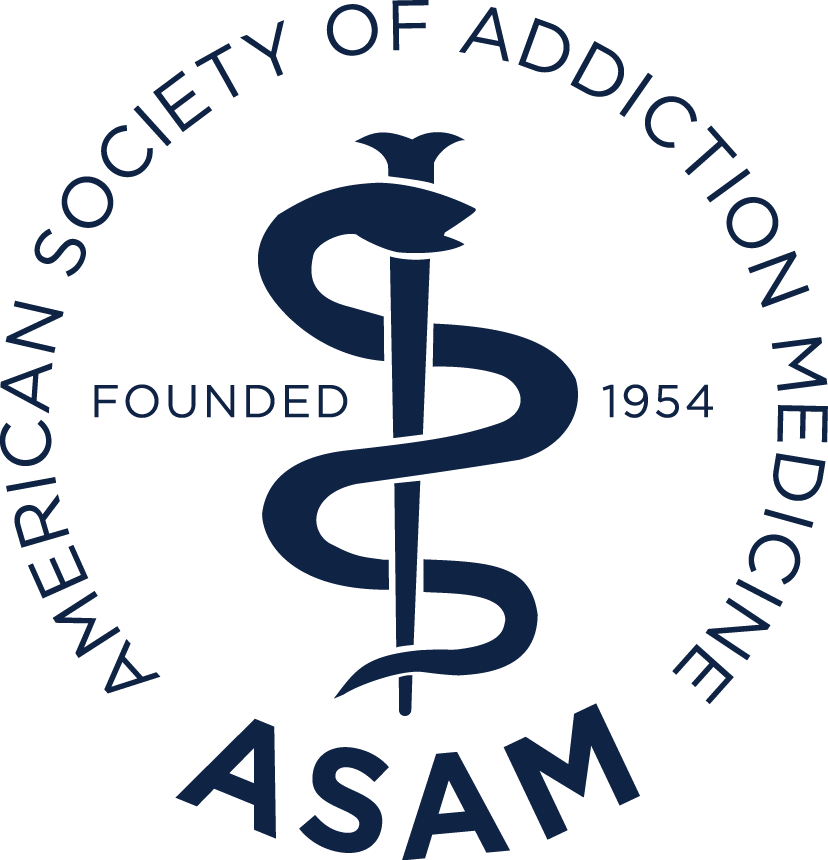When people think about recovery from drug and alcohol addiction, their minds often go straight to therapy sessions, medical detox, and support groups. While these are critical elements, one often-overlooked factor plays a powerful role in the healing process: nutrition. The food and nutrients we consume directly impact how the body repairs itself, how the brain functions, and how resilient we feel, both physically and emotionally, throughout recovery.
Substance abuse takes a tremendous toll on the body, depleting vital nutrients, impairing digestion, and weakening immune defenses. These deficiencies can leave a person feeling fatigued, mentally foggy, and emotionally unstable, all of which can make the early stages of recovery even more challenging. Replenishing these lost nutrients is not just about feeling better, it’s about laying the foundation for sustainable sobriety.
How Substance Use Disrupts Nutrition
Different substances impact the body in unique ways, but all can lead to significant nutritional damage over time:
- Alcohol – Chronic drinking depletes essential B vitamins (especially B1, B6, and folate), damages the lining of the digestive tract, and interferes with nutrient absorption. These deficiencies can cause fatigue, nerve damage, anemia, and cognitive issues.
- Opioids – Often slow digestion and cause chronic constipation, which can impair nutrient absorption and lead to imbalances in electrolytes and gut health.
- Stimulants – Drugs like cocaine or methamphetamine suppress appetite, often leading to severe calorie deficits and muscle loss. Long-term use can result in dangerously low body weight and weakened immunity.
- Marijuana – While often associated with increased appetite, regular heavy use can still disrupt nutrient balance if eating habits focus on low-quality, processed foods rather than nutrient-dense options.
Why Nutrition Matters in Recovery
In the early stages of sobriety, the body is in repair mode. The brain is recalibrating neurotransmitters, the liver and kidneys are processing toxins, and the immune system is trying to restore normal function. This is where nutrition steps in—not as an afterthought, but as an active form of treatment support.
A well-balanced, nutrient-rich diet can:
- Rebuild Physical Health – Protein helps repair muscle tissue, vitamins and minerals support organ recovery, and antioxidants fight inflammation caused by long-term substance use.
- Stabilize Mood – Nutrients like omega-3 fatty acids, magnesium, and vitamin D have been linked to improved mood regulation, which is essential for emotional stability in early recovery.
- Enhance Cognitive Function – B vitamins and amino acids help restore focus, memory, and decision-making—key skills for engaging in therapy and making healthy choices.
- Boost Immune System – A strong immune system reduces the likelihood of illness, which can otherwise derail progress.
The Psychological Benefits of Healthy Eating
Beyond the physical benefits, nutrition has a profound effect on mental well-being. Eating regular, balanced meals can help regulate blood sugar, which in turn helps stabilize mood swings and reduce irritability. Establishing healthy eating routines also creates structure, which is something many people in recovery find grounding and reassuring.
For some, learning to prepare and enjoy nutritious meals can become a new, positive habit that replaces old destructive patterns. Cooking, gardening, or even simply sitting down for a meal can be a mindful practice that reinforces a commitment to self-care.
Building a Recovery-Focused Nutrition Plan
While each person’s nutritional needs in recovery are unique, certain principles apply to most cases:
- Balanced Macronutrients – Include a healthy mix of lean proteins, whole grains, and healthy fats to keep energy levels steady.
- Plenty of Fruits and Vegetables – Rich in vitamins, minerals, and fiber, these foods support digestion, immunity, and detoxification.
- Adequate Hydration – Water is essential for every cellular process, and proper hydration helps flush toxins and maintain energy.
- Limiting Processed Foods – Refined sugar and processed carbohydrates can cause blood sugar spikes and crashes, triggering mood swings and cravings.
Some individuals may also need supplements to correct severe deficiencies. These should always be prescribed by a medical professional after a thorough evaluation, as certain vitamins and minerals can be harmful in excess.
The Link Between Nutrition and Relapse Prevention
Poor nutrition can actually increase relapse risk. Low blood sugar, fatigue, or nutritional deficiencies can trigger mood swings, anxiety, and even depression, all of which can create vulnerability to cravings. On the other hand, a well-fed body and brain are better equipped to handle stress, resist impulses, and stay engaged in treatment.
Research also suggests that developing healthy eating habits during recovery can help reinforce other positive lifestyle changes, from regular exercise to improved sleep hygiene. This holistic approach increases overall resilience against relapse triggers.
Bringing Nutrition Into Recovery Programs
Many quality treatment programs now integrate nutrition into their overall care model. Southern California–based luxury drug and alcohol rehab centers, like Regal Treatment, often employ registered dietitians and trained chefs to create personalized meal plans. These programs go xbeyond simply providing healthy meals and often offer nutritional counseling so clients understand why certain foods are chosen and how to maintain healthy eating after leaving treatment.
For some clients, food is also tied to emotional experiences, whether it is comfort eating, restrictive dieting, or disordered eating patterns. In these cases, nutritional therapy works hand-in-hand with counseling to develop a healthier relationship with food.
A Long-Term Commitment to Health
Recovery doesn’t end after detox or even after completing a rehab program, it’s an ongoing process. Just as therapy, support groups, and relapse prevention strategies remain important long after leaving treatment, so too does nutrition. Maintaining a balanced diet in the months and years after rehab supports overall health, improves quality of life, and helps sustain sobriety.
Investing in good nutrition is, in essence, investing in your recovery. It is one of the most practical, effective, and empowering tools you can use to rebuild your body and mind after addiction.
Call Regal Treatment today at 818-533-9993 to learn more about our facility and addiction treatments for yourself, a loved one, or a friend. We offer free insurance verification and are always 100% confidential.
.png)
.png)



.png)
.png)

